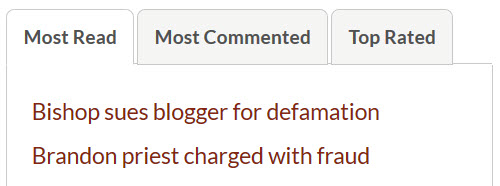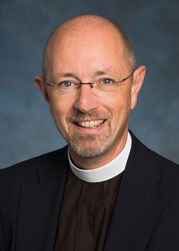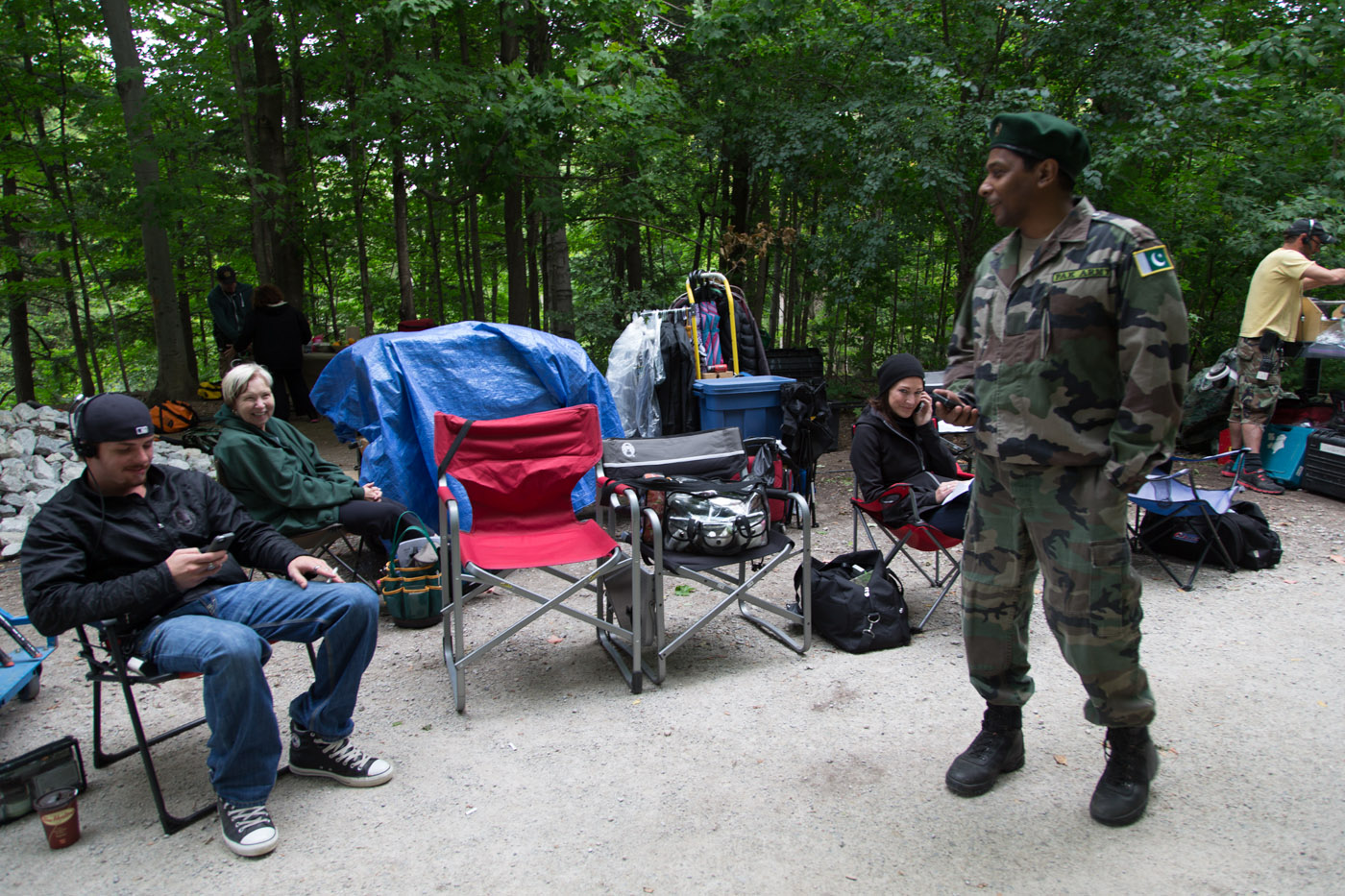The two bishops were celebrating the transfer of a parish from the Diocese of New Westminster to the Diocese of B.C. Out of the frying pan into the fire.

Why stand at the foot of a totem pole rather that at the foot of a cross you might be wondering: the cross would be too Christian.
In reading about totem poles, we are repeatedly reminded that they have no religious significance – just like Anglican bishops – and that each animal on the pole may represent an ancestor; Aboriginals also thought that the totem pole animals could transform themselves into men. All beliefs that, one presumes, bishops Ingham and Cowan think fit comfortably into Canadian Anglicanism.
From here (page 4):
Soon a gathering of people circled around the totem pole that sits in harmony beside St George church. The visitors were warmly welcomed with singing and drumming. Mike Willie spoke of the long history of his people, the totem and the church. Bishop Ingham welcomed everyone into the church for worship and a time of blessing the restored church.






 Time is running out!
Time is running out!






